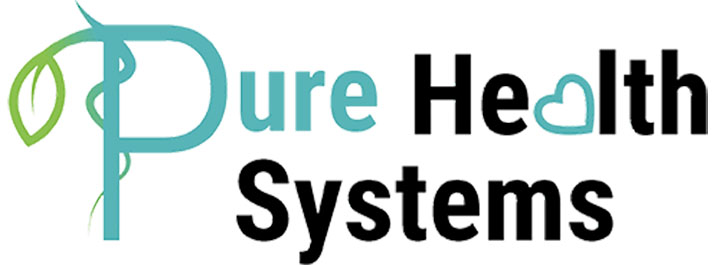Inflammation Reduction via diet!
Special Thanks to Janice Davidson, MPH, RD for her contributions to this article.
Although most people understand the general importance of eating a healthy diet to prevent cardiovascular disease, diabetes and cancer, many people are unaware that the foods they eat can also affect joint health and inflammation. Specifically, some foods can increase inflammation in the body and decrease healing, while others can have an anti-inflammatory effect and promote healing.
The ability of a food to either increase or decrease inflammation is dependent on its nutrient makeup. A significant amount of research has been done in the last decade examining the anti-inflammatory benefits of nutrients such as omega-3 fatty acids, lycopenes, bioflavanoids and anti-oxidants. Eating foods that supply these nutrients can decrease inflammation, support the immune system and promote healing.
This seems simple enough, but the general public doesn’t necessarily know which foods contain these healing, anti-inflammatory nutrients. To assist you in determining which foods help decrease inflammation and which increase inflammation, we have prepared a list of foods to include and foods to avoid. The foods in the “Foods to Include” list are high in anti-inflammatory nutrients. Those in the “Foods to Avoid” list have components, such as saturated fats which increase the inflammation in the body.
Foods to Include in the Diet
- barley
- buckwheat
- dark leafy greens (Swiss chard, collard greens, kale, spinach, beet tops, parsley)
- green drinks: fresh vegetable juice, green superfood concentrates)
- fish (anchovies, bluefish, halibut, herring, lake trout, mackerel, salmon, sardines, shark, sturgeon, albacore and blue fin tuna)
- flaxseeds
- fruit (limit citrus), especially fresh pineapple a natural anti-inflammatory
- legumes
- millet
- oats
- vegetables, (especially tomatoes, which are high in lycopenes – a natural anti-inflammatory) high in antioxidants for healing.
Foods to Avoid in the Diet
- alcohol
- aspartame (NutraSweet)
- butter
- caffeine
- carbonated beverages
- citrus (limit to 2 / day)
- coffee
- dairy products
- meat (especially red meats)
- monosodium glutamate (MSG)
- nuts (except almonds and walnuts)
- parmesan cheese
- sugar, (white, brown)
- tea (caffeinated)
- white flours (English muffins, enriched white flour, French bread, bagels, instant oatmeal)
Oils to Include in the Diet
- black current
- borage
- flaxseed
- olive
- primrose
Oils to Avoid in the Diet
- hydrogenated oils (mostly found in processed and baked goods)
- margarines
- corn oil
- shortening and lard
Consult your health practitioner on all medications, herbs and supplements you are taking. Consult your health professional before beginning The Enzyme Diet or any other diet or exercise program. Some herbs can react with medications, both prescribed and over the counter, and some herbal combinations can cause serious side effects.
